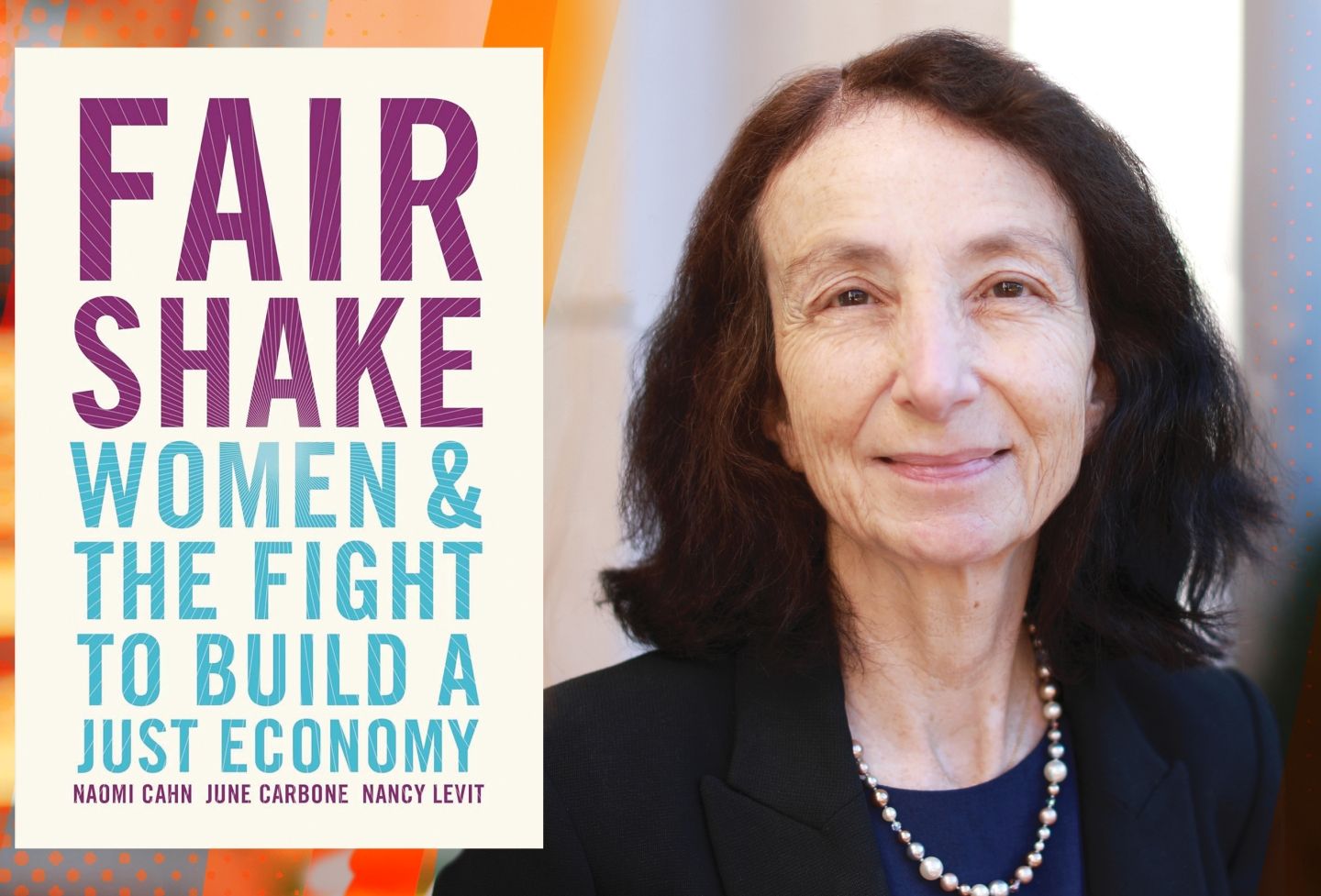Michael Doran, an expert in tax policy and legislative process, will join the University of Virginia School of Law faculty in the fall as a professor of law.
Doran, who previously served as an associate professor at UVA Law from 2005-09, is currently a professor of law at Georgetown University Law Center. Before he began teaching, he spent 10 years at the law firm Caplin & Drysdale, which specializes in federal taxation, and four years in the Office of Tax Policy at the U.S. Treasury Department. Doran's work at Treasury centered on tax legislation and regulation.
"Michael Doran's great experiences in private practice and government have helped to make him a deep and insightful tax teacher and scholar," UVA law professor George Yin said. "He is also an engaging colleague with a wide range of academic interests. The Law School is very fortunate to get him back."
Doran joins a faculty of more than a half-dozen other tax law experts at UVA, including Yin, who previously served as chief of staff of the U.S. Congress' Joint Committee on Taxation.
"I'm really excited to rejoin the tax faculty," Doran said. "It was a terrific faculty when I was there, and it's only become better while I've been away."
Doran, who earned his law degree from Yale and his undergraduate degree from Wesleyan University, teaches courses on tax, property, legal theory and Native American law. He expects to teach the same topics at UVA Law. He said he views teaching as his calling.
"I enjoyed practice, and I enjoyed government service, but I always wanted to teach," said Doran, characterizing his nine years so far teaching law students as "the most fulfilling job I've ever had."
In addition to teaching, Doran has authored articles on his scholarly interests in tax law and the legislative process that have been published in the Virginia Law Review, the University of Chicago Law Review and the Tax Law Review, among others. His current research investigates the ways in which institutional structures within Congress affect the substance of tax legislation.
"At different times Congress has relied more or less on the expertise of its committees," Doran said. "At different times the leaders in Congress have had different degrees of power within the institution. And at different times the parties have had more or less influence over the legislative process."
Such structural shifts, Doran said, have significant legislative implications. For example, when political parties are more unified, tax legislation tends to be much shorter and more focused.
"When the parties are more internally unified, they seem more interested in producing ideologically pure tax legislation and less interested in 'buying votes' through 'pork-barrel provisions," he said.
Doran said that the current congressional climate, characterized by extreme polarization between the parties and high cohesion within the parties, offers an interesting case in point.
"For the last 15 years, the tax-legislative process has alternated between gridlock and 'clean' tax legislation that is much shorter and much more general than the historical average," he said. "It seems clear that avoiding wasteful pork-barrel tax legislation means putting up with periods of tax gridlock. The same institutional structures are at play in both cases."
Doran said he has also recently begun looking into issues of professional responsibility for tax lawyers.
"It's obvious that tax lawyers have a duty of loyalty to their clients, but there's a longstanding notion that tax lawyers also owe a duty to the tax system as a whole," he said. "I think that idea presents really intriguing and challenging questions about professional responsibility and about the development of the profession."
Doran said he "could not be more enthusiastic" about continuing his teaching and scholarship at the University of Virginia School of Law.
"UVA Law School is an extremely special place," he said. "The faculty is very smart and very accomplished, and they're also really wonderful human beings. It's a pleasure and an honor, really, to be associated with them."
Founded in 1819, the University of Virginia School of Law is the second-oldest continuously operating law school in the nation. Consistently ranked among the top law schools, Virginia is a world-renowned training ground for distinguished lawyers and public servants, instilling in them a commitment to leadership, integrity and community service.


